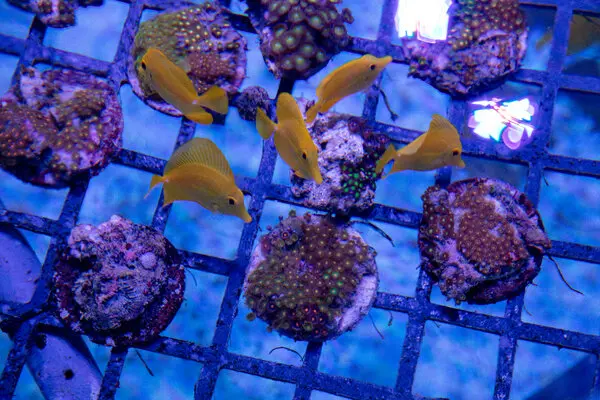By: Selena Lin
How much thought do you give to the illegal trafficking of animals? Probably not that much, but when that thought crosses your mind, the animals you think of would likely be birds and goods such as elephant ivory and rhino horns. However, the one animal that isn’t considered as often is corals.
You might be wondering, “Aren’t corals plants?” Even though it seems like it, it turns out that corals are tiny invertebrates living in colonies, forming the coral reefs we know of. They are slow-growing organisms, as a new coral will take hundreds of thousands of years to form colonies as big as a car or a house. Corals are indicator species that are susceptible to environmental changes in their ecosystem. Corals have stinging cells that allow them to eat plankton and small fish, and even though it looks like they are stuck where they are for life, they can swim. Corals don’t just support marine life; they also prevent 10 trillion dollars worth of damage from waves and floods.
The process of coral trafficking begins with hammering and chiseling the corals from their reefs. Once obtained, the corals are packed into small baggies filled with seawater and shipped to buyers worldwide. This practice not only harms the corals and their ecosystems but also has long-term implications for our planet’s biodiversity.
Even if the illegally trafficked corals are in the hands of U.S. officials, they don’t know what to do with them. To solve this problem, the U.S. Fish and Wildlife Service is working with zoos and aquariums to house the corals.











